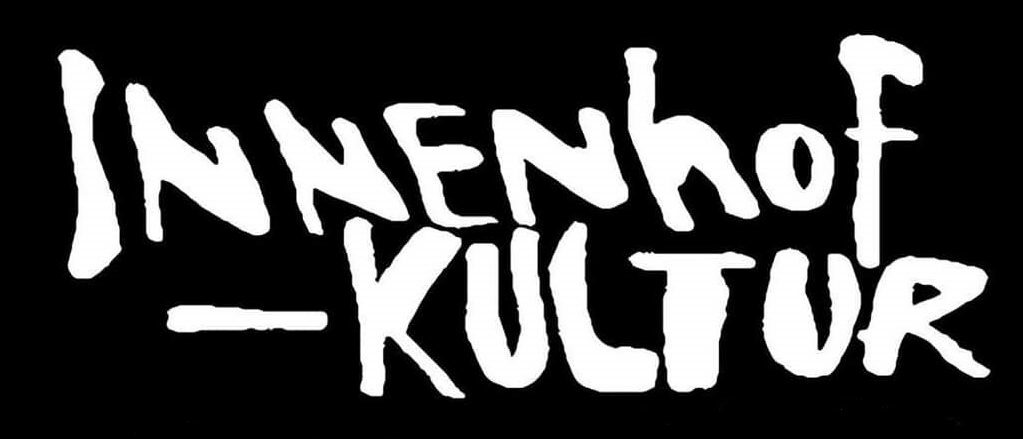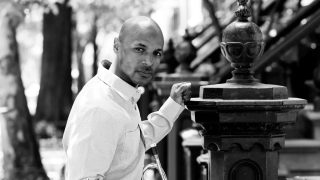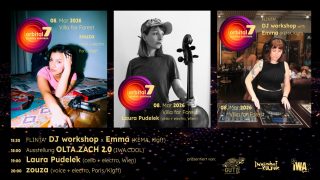DEBBIE DAVIS BLUES Trio
DEBBIE DAVIES - guitar and voice
JOE FONDA - e-bass, ensemble
EMIL GROSS - drums, percussions
Beginn: 20.30
Eintritt: 12 / Ermässigt 10 / Jugend & Konservatorium 7
DEBBIE DAVIES im net:
http://www.myspace.com/debbiedavies
http://www.youtube.com/watch?v=_KVCMYG390
JOE FONDA im net :
http://www.joefonda.digitalspace.net/
http://www.myspace.com/joefonda
EMIL GROSS im net:
http://www.myspace.com/emiliogotthesticks
http://www.myspace.com/nakedvibrations
http://www.myspace.com/triogenerations
Debbie DAVIS hat u.a. mit John Mayall eine CD 1990 eingespielt, und war lange mit Albert Collins in einer Band und produzierte ihre solo – Cds mit dem Who is WHo des Blues: Ike Turner, Mick Taylor, James Cotton, Tab Benoit, Charlie Musselwhite usw …. 1997 gewann sie den Blues Music Award für die beste weibliche Bluesmusikerin und wurde 2008 wiederum nominiert.
Joe FONDA , einer der rennomiertesten Bassisten weltweit und vorallem weltbekannt als Jazzer, tourte mit „Sweet Daddy Cool Breeze“ über 5 Jahre ; und da waren noch mit dabei u.a. Blueslegenden wie Buddy Guy, Koko Taylor und Los Lobos.

Emil Gross, 20 jähriger schlagzeuger aus österreich, steht im spannungsfeld von rock, funk, drum&bass, jazz und avantgarde; er setzt seine inneren prozesse ohne umschweife in spannungsgeladene wiewohl gleichzeitig sensible rhythmische räume um. Derzeit auf Tour mit dem ehemaligen Partner von Don CHerry, mit dem Gnawa Sänger Abdeljalil Kodssi und mit der Root Reggae Band „Naked Vibrations“.


